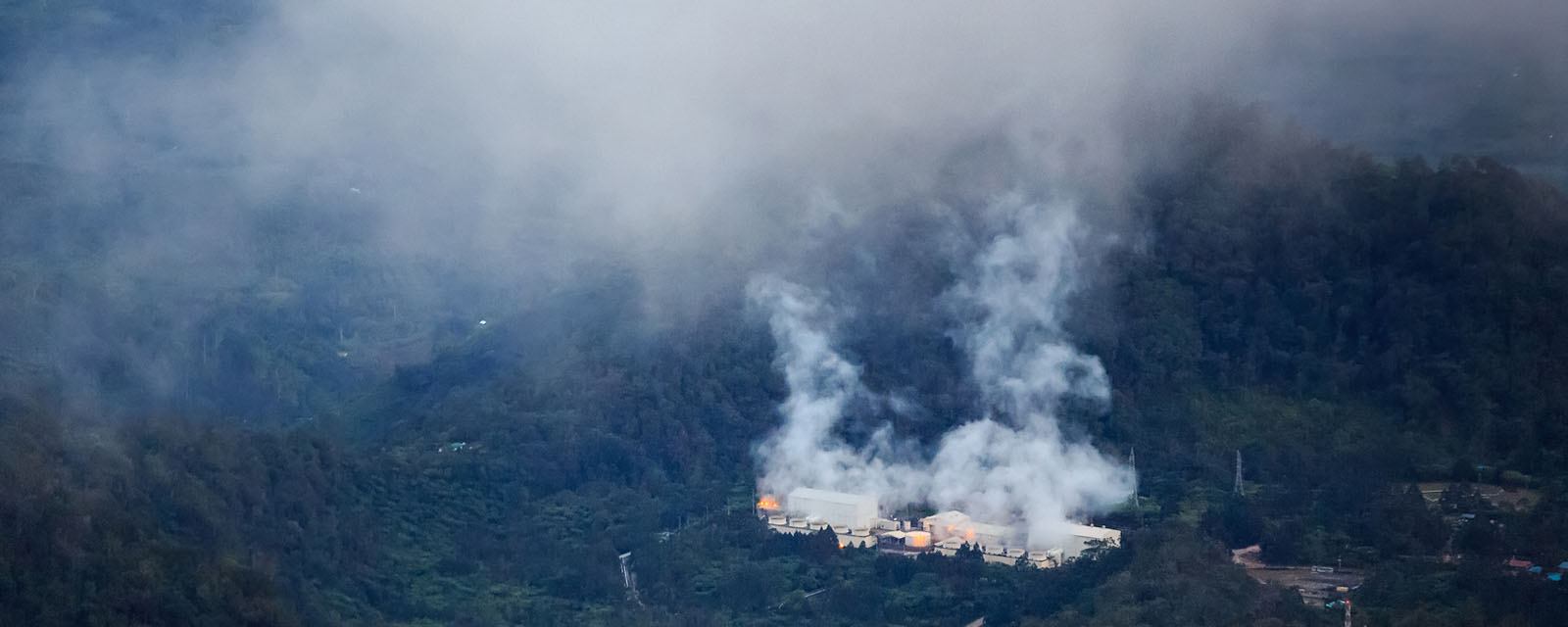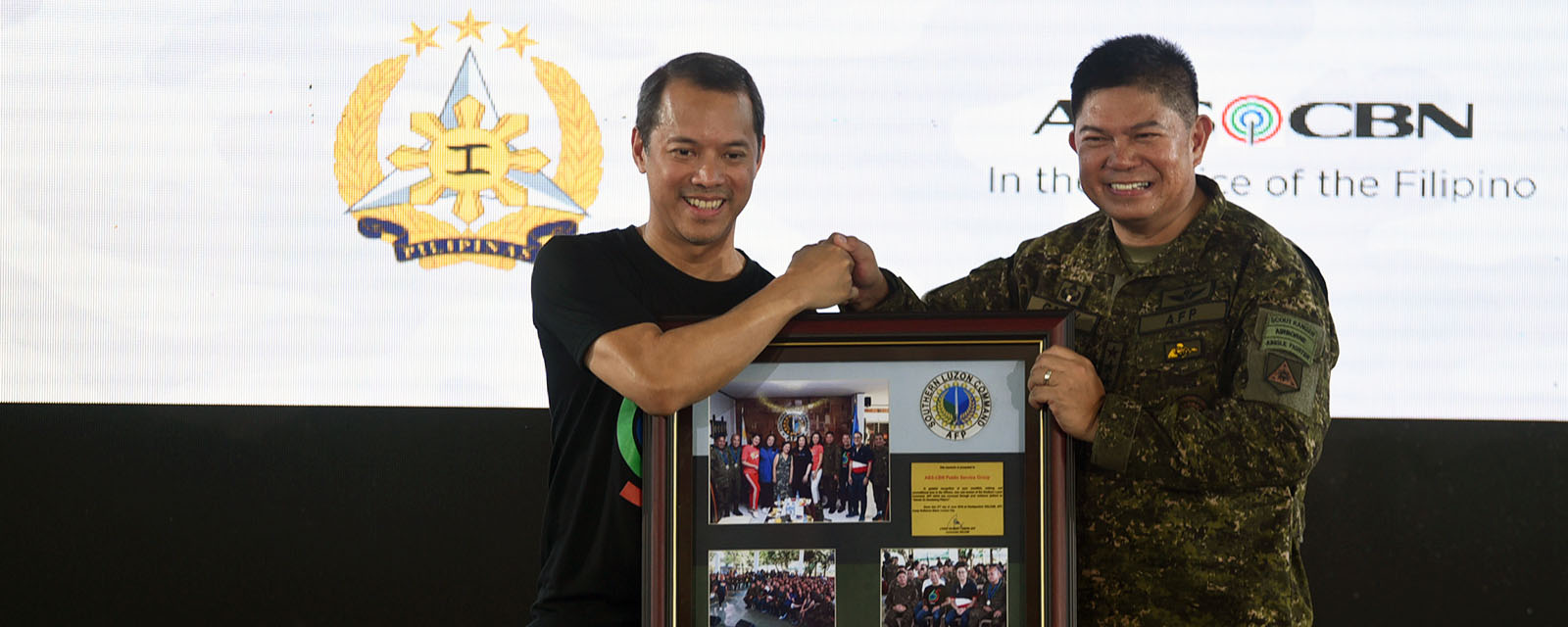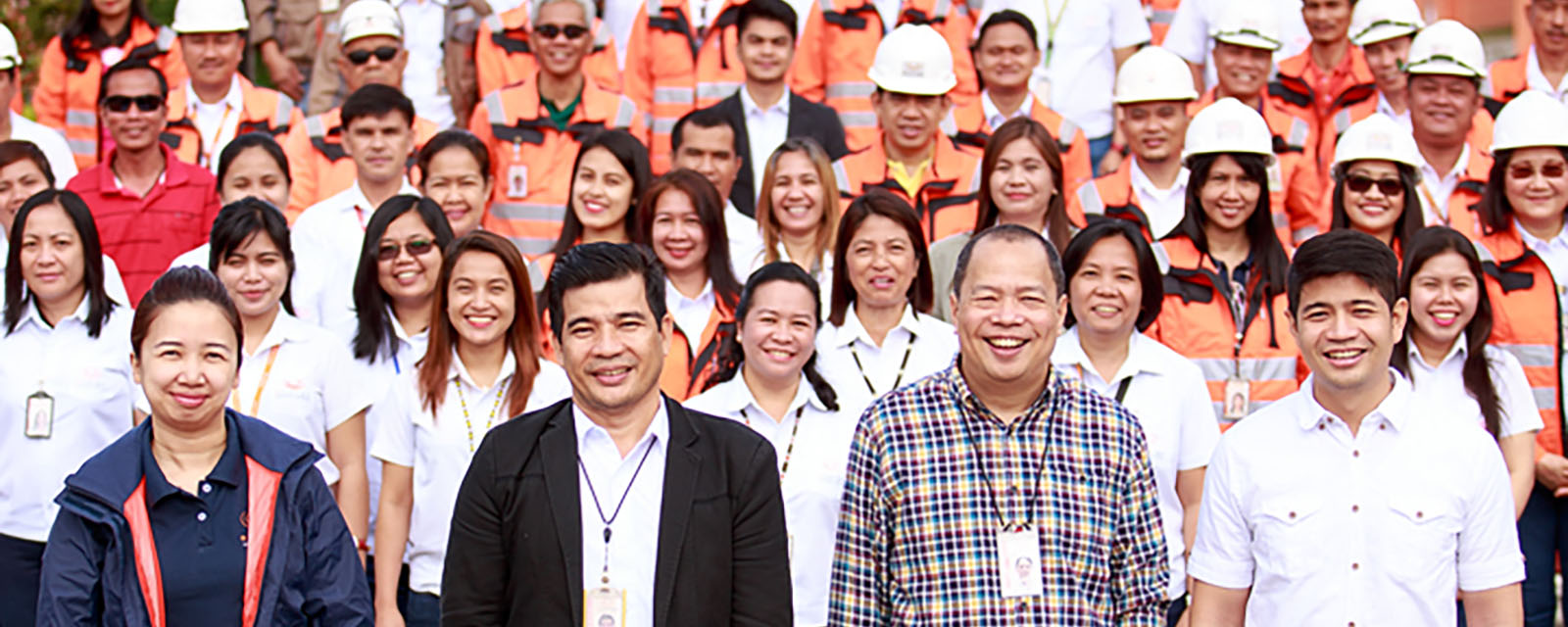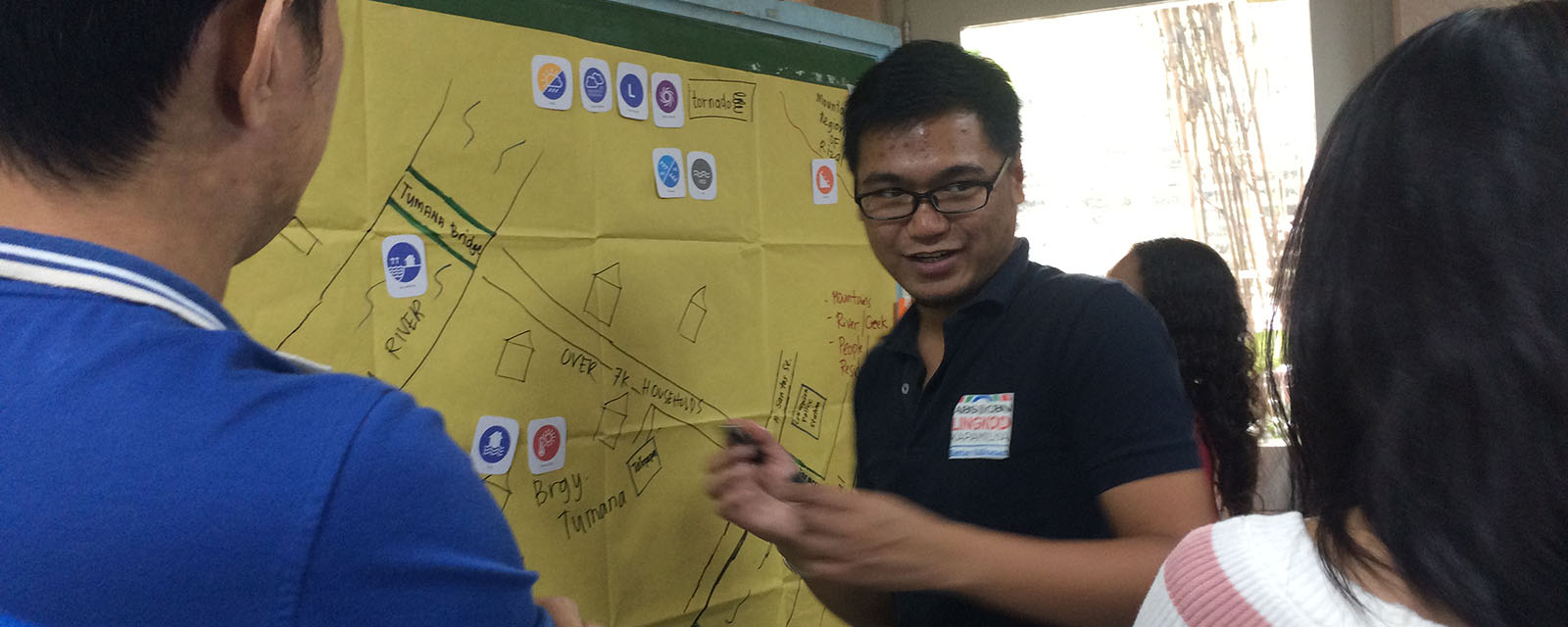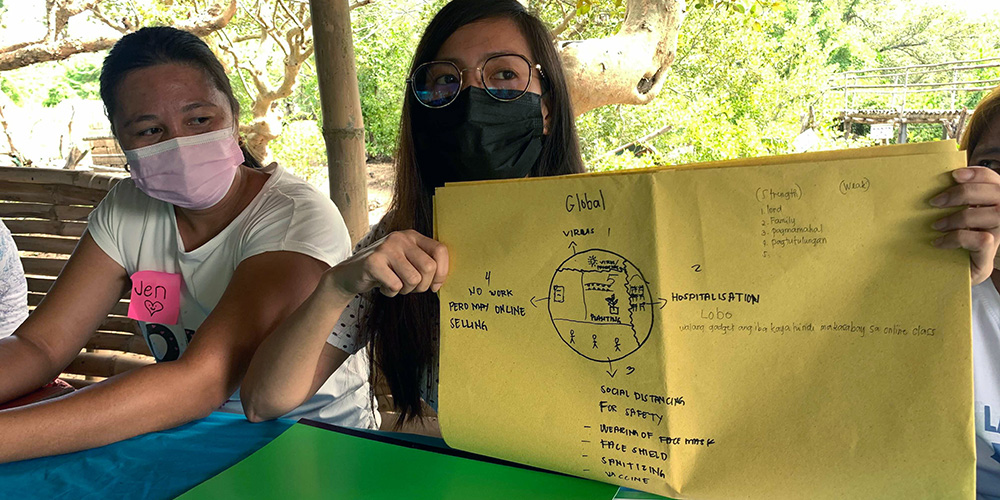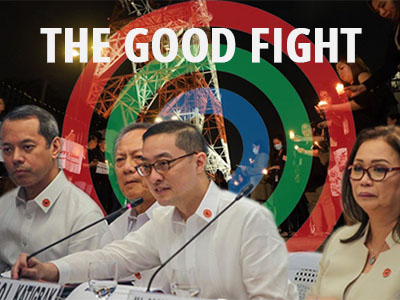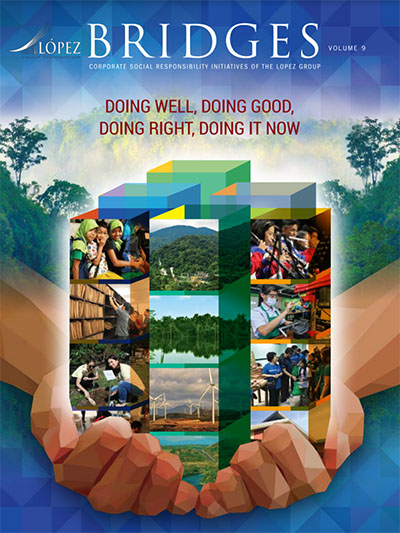“The ultimate resource in economic development is people. It is people, not capital or raw materials that develop an economy” (Peter Drucker)
People being at the front and center of development is at the heart of the Lopez Group’s Integrated Area Development Program. Integrated area development is defined as the “comprehensive planning for economic and social development of a specified geographical area”. The implementation of various projects and activities to address the multi-faceted need of a community with consideration to building capacity of local leaders that would ensure sustainability of all developmental interventions is the key elements of the Lopez Group’s IAD Program. Partnership is its cornerstone while empowerment is at its core.
The Lopez Group Integrated Area Development (IAD) Program
In 2020, the Lopez Group Foundation, Inc. (LGFI) established the Lopez Group Advocacy Program in an effort to facilitate strategic direction towards a group-wide development agenda, facilitate communications, and maximize resources and operational efficiency, all towards maximizing impact to national development as a Group. The Advocacy Program is comprised of seven thematic clusters: Environment, Education, Humanitarian Action, Child Rights & Development, Livelihood & Social Entrepreneurship (SE), Health & Wellness, and Arts & Culture. The various development programs, projects and interventions are coordinated through the clusters depending on objectives and input requirements. In doing so, efforts benefit from collaborative action and resources of all cluster members.
Through the program, LGFI has recognized the great potential in concentrating cluster efforts in specific areas and approaching development through an integrated area model. By implementing various interventions in a defined area with identified multi-faceted needs, impact is assured and felt by the community.
IAD in Lobo, Batangas
The area chosen for its first integrated approach is Lobo, Batangas. With the success of past projects in Lobo, the on-going interventions in close partnership with the Local Government Unit, as well as reliable presence of Lopez staff in the area, LGFI is confident in its ability to facilitate the growth and expansion of development programs and activities.
Four of the seven advocacy clusters started working with the LGU of Lobo, Batangas guided by a Memorandum of Understanding executed in June 23, 2021.
Child Rights and Development

The key intervention is to raise awareness on children’s rights among the children themselves as well as parents and caregivers. Positive parenting is a focus advocacy. They also aim to raise the local stakeholders’ capacity to protect children’s rights and prevent the incidence of OSEC and other forms of child exploitation.
In October of 2021, an Early Childhood Development Training was conducted attended by fifty (50) ECD parents. Topics discussed were Positive Parenting and Online Safety and OSEC. Learning at Home with Knowledge Channel Foundation Inc. was also introduced.
Environment
The main assistance was in developing and implementing a resiliency program for Lobo using the ridge to reef approach. Included were provision of technical assistance to the municipality aimed at restoring and enhancing their terrestrial and marine environment. The advocacy cluster also aims to enhance the community’s capacity towards environmental stewardship through development of sustainable ecotourism practices.
To do this, an arboretum for native tree species was establish in the Malabrigo National High School where forty (4) threatened species with sixteen (16) variety of species was planted. To aid in awareness raising, signages were put up all over the arboretum. The Lopez team continuously monitor the arboretum where these forty threatened species are planted.
In line with the provision of technical assistance on forest protection and conservation, an inventory of the Philippine Teak was conducted where 497 individual trees were discovered. On the other hand, for provision of technical assistance in support of marine conservation and eco-tourism, marine protected area monitoring and protection is conducted simultaneously with policy advocacy to ensure sustainability of efforts. A Community Reef Monitoring Workshop was also conducted which resulted in the identification of thirteen (13) citizen scientists and fourteen (14) community volunteers trained as reef monitors. Two reef monitoring sites were established with excellent reef classification. As a result of the monitoring, fifty-five (55) hard coral cover were classified as Category A. The team were also able to complete surveys of three (34) reef stations. Additionally, eleven (11) volunteers were trained and certified on freediving and safety.
Finally, for the Mangrove Reforestation of Lobo, LGFI members were able to plant mangrove propagules in various sites: 133 in Lagdlarin and 174 in Olo-olo both through First Balfour; 1,050 again in Lagadlarin through ABS-CBN Foundation; and 426 still in Lagadlarin through First Gen.
Education
Developing a localized Science education program that focuses on science communication, student accessibility support, and teacher empowerment were the objectives of the cluster for Lobo. In coordination with the Center for Integrated STEM Education (CISTEM) and Filipino Science Hub (FilSciHub), this included curriculum enhancement to raise interest in and access of students to science and technology subjects, courses and career. The intervention also targeted the enhancement of teachers’ capacity to provide quality and practical learning experiences in the sciences and will also support students in technology and infrastructure.
With these objectives, the cluster implemented the Learning Effectively through Enhanced and Evidenced-Based Pedagogies. (LEEP) program for advance science education in Lobo. From the initial two schools in Malabrigo, it was shifted to online thus dubbed Knowledge Channel Teaching in the New Normal – Science (KC TINN-Science) to differentiate it from the in person LEEP. Twenty participants attended the KC TINN-Science. Another eight schools, including two (2) in Malabrigo, also underwent KC TINN-Science attended by 39 science teachers and their principals. To date a total of 39 teachers have undergone the KC TINN-Science sessions.
The research initiative included eight (8) schools trained in LEEP Science and another training was conducted in May for capacity enhancement on science for elementary and high school teachers. This also included the implementation of LEEP Science Lobo First Mentoring Session and the more recent KC Tech Training on how to use the Knowledge Channel Portable Media Library.
Social Entrepreneurship / Livelihood
The Lopez Group cluster aimed to enhance the tourism program of the area anchored on the explicit request of the Municipality of Lobo for assistance in developing a sustainable and inclusive ecotourism design. The plan it to help market Lobo as a prime ecotourism destination.
Towards this end. The first step was in helping the Municipal Tourism office in the development of the eco-tourism stimulus plan done through continuous coordination with various local stakeholders.
Eventually, the Environment and Livelihood cluster of the Lopez Group provided direct assistance in packaging ecotourism activities. The packages were pre-tested with the First Gen Virtual Mangrove Tour and e-Planting; the First Balfour’s e-planting; and the ABS-CBN Foundation’s e-planting and Citizen Reef Monitoring activities. Further assistance was also extended for Lobo to re-start their eco-tourism initiatives through a mock travel activity of CBSE/nature-based tourism sites with MAD travel, First Gen, AFI and the Lobo Tourism Department.
A training entitled “Catalyst, Ako ang Simula” was also conducted for the Samahan ng Maliit na Mangingisda sa Pangangalaga ng Kalikasan in Barangay Lagdlarin (SMMPKBL). The training will prepare the organization for their continuing partnership with LGFI and the Rotary Club of Makati Premier for their 2022 projects. Another organization, the Samahang Iisang Layuning Nabuklod Bilang Agapay Sa Pangangalaga Ng Ganda Ng Kalikasan (SINAGAN), is in charge of Mt. Nalayag Monolith Eco-Trail Project and has been hard at work to finish all preparations for a possible Summer 2022 Nature-based Tourism Reopening. The major accomplishments done for this were: Transfer and Beautification of their Multi-purpose Center, Delivery of Office Supplies and the Construction of the Toilet Facility for Tourists.
At the end of just six months of partnership, the Municipal government of Lobo, Batangas has expressed great satisfaction with the integrated area development program of the Lopez Group. New and more exciting interventions and activities are being planned for 2022. The Lopez Group advocacy cluster, in the meantime, are calibrating their assistance and activities to the level of safety protocol and restrictions that will be imposed in the coming year.


